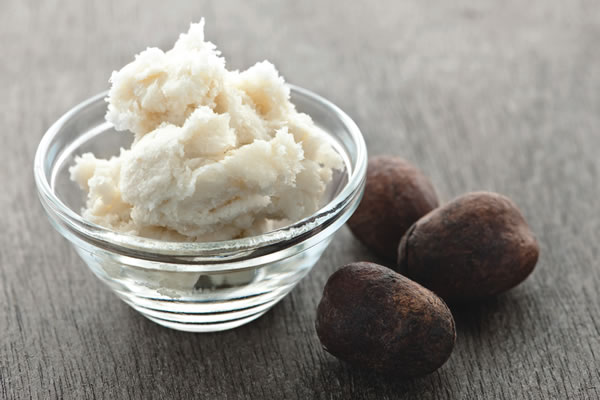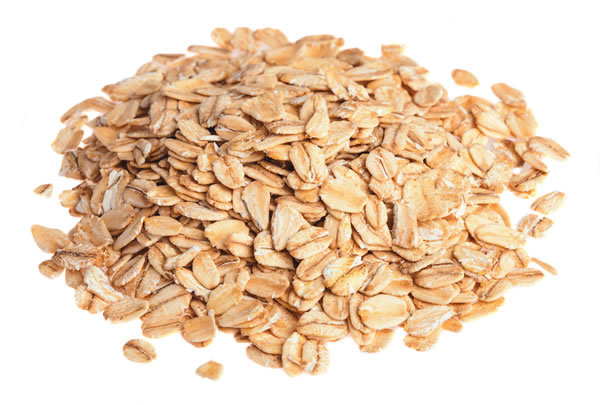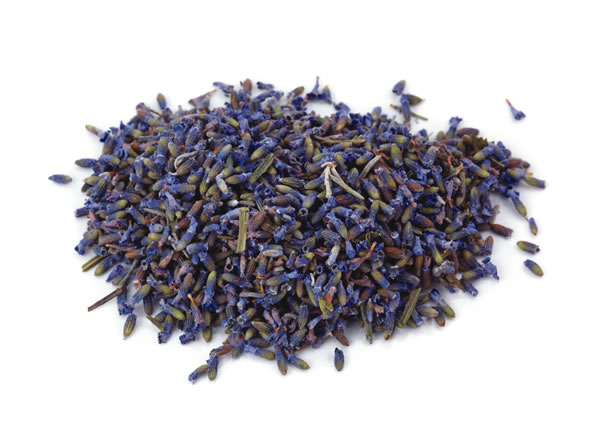Benefits derived from organic products are driving a trend toward all-natural beauty.
By Vicki Hogue-Davies
A new awareness is spreading in the beauty world. Stepping away from the laboratories and sourcing ingredients directly from nature, leaders in the beauty industry are recognizing the public’s growing desire to live more naturally. Top beauty and skin care experts are seeing this trend among their clientele, who are increasingly requesting natural and organic beauty products and treatments.
“Consumers are becoming more educated when it comes to understanding the potential dangers that some beauty product ingredients contain, so if they have safer, healthier options, of course they will want to go in that direction,” says makeup artist, author and television personality Carmindy Bowyer. “I’m definitely having more clients ask me if products contain parabens or gluten or are animal-tested.”
“Education on harmful ingredients in skin care and makeup has seen an increase throughout the past several years,” adds Dr. David Bank, director of The Center for Dermatology, Cosmetic and Laser Surgery in New York and author of “Beautiful Skin: Every Woman’s Guide to Looking Her Best at Any Age.” “Consumers are becoming wary of potentially harmful chemicals. While there is definitely an increase in the requests for natural and organic products and treatments, there is also an increase in people becoming more involved in their skin care. They are taking the time to research and know exactly what is involved in potential treatments and how to get the best results.”
Beware False Claims
Research is the key when considering products and treatments. Both Bank and Bowyer believe that consumers should not take “natural” or “organic” claims at face value.
Be careful even if a product says “made with natural ingredients,” Bowyer advises, adding that many foods say the same thing but are full of preservatives and chemicals. “Google your products, read reviews and email the company if you really want to get to the bottom of [what is in a product],” she says.
“There is virtually no oversight on what determines natural products, meaning many products are labeled as such but are not actually natural,” Bank adds. He recommends reviewing product ingredient lists, suggesting that people look for a plant or mineral base. Natural or organic ingredients should be near the top of the list to ensure a product contains more of these components than conventional ones. Top “red flag” ingredients to avoid are preservatives such as parabens and methylparabens, diethanolamine, sodium lauryl sulfate, mineral oil, propylene glycol, triclosan, fragrance and talc, according to Bank.
 Beautiful Benefits
Beautiful Benefits
Bank cautions that because the natural skin care product market is relatively new, there is little scientific proof regarding the benefits of each ingredient. He believes, however, that there are benefits in knowing that naturally occurring ingredients have withstood the test of time, rather than synthetically developed ones.
“One particular beneficial ingredient to keep your eye out for is green tea extract,” he says. “This specific ingredient contains polyphenols, which work as an antioxidant [and] anti-inflammatory. Another great ingredient is argan oil. This ingredient is especially high in essential fatty acids, vitamin E and antioxidants. It’s been known to help with a range of skin conditions including eczema, psoriasis, wrinkles and dry skin. Soy is another popular ingredient for skin care. It has been used to help reverse sun damage, firm the skin and help diminish fine lines and wrinkles.”
When working with her clients, Bowyer loves to use organic tinted lip balms and lipsticks made from shea butter, coconut, sunflower and avocado oils for supple lips. “I also like natural herbal toners with cucumber, lavender and chamomile to prep skin and freshen it up before applying makeup,” she adds.
“Most full-on organic and natural products are great for people who have sensitive skin or are diligent about eating, wearing or touching anything not 100-percent aligned with their lifestyles,” she continues. “[These products] tend to be calming on the skin and easy to wash off.”
She notes, however, that some people don’t feel they get the same results with totally natural makeup as they do with makeup with synthetics. For these people, she recommends what she calls “light green,” a hybrid of safe synthetics, with no parabens or toxic ingredients, mixed with natural botanicals and antioxidants.
Winter Skin Care Tips
Dry and flaky skin often accompanies winter’s arrival. Bowyer recommends using natural lip balms for chapped lips, hydrating rich creams for parched skin and scrubs for flaky dry patches.
“Oatmeal is a great anti-inflammatory ingredient that will help soothe winter skin,” Bank says. “Cocoa butter works to moisturize your skin. For a dull complexion, an effective method is to apply warm milk to the face with a cotton ball for three to five minutes weekly. The lactic acid will help cleanse and exfoliate the skin, leaving you with a glowing complexion.”
Other moisturizing products targeting dry, rough skin that Bank recommends include natural emollients, such as avocado, shea butter and rosehip. “Natural emollients are easily absorbed into the skin, and prevent dryness by forming a barrier,” he says. “Humectant ingredients like honey, lecithin and glycerin also help retain moisture by increasing the water content in the skin.”
Use surfactants like yucca extract and Castile soap, which is made with olive oil or other vegetable oils, to gently cleanse the skin without stripping it of its natural oils, Bank says.
From makeup to skin care products, organic beauty is on the rise—and with spas, manufacturers, doctors and makeup artists extolling the virtues of such treatments and applications, it’s easier than ever to choose ingredients that take you back to nature.










